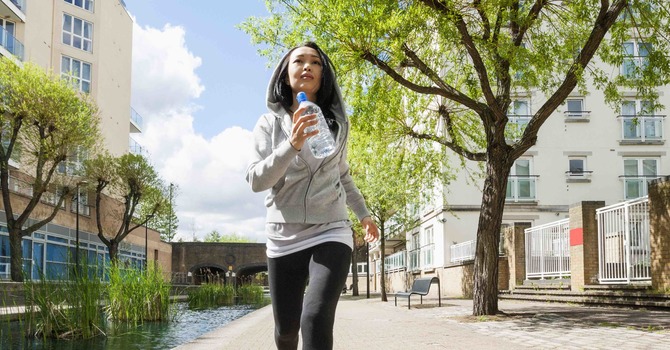Already on week four of elaborating on the best takeaway messages from our recent trip to Parker Seminars. This week we will be discussing this great quote from Mike Boyle.
"Every exercise has a benefit, but ALSO has a cost. Need to balance the risk and the reward."
Mike Boyle is pretty well known in the strength and conditioning world as a guy who thinks outside of the box. He is an innovator. He has spent years working with professional and collegiate athletes, including time with the Boston Red Sox, Boston Bruins, and the Boston University Ice Hockey Teams. He currently owns and operates Mike Boyle Strength and Conditioning, allowing average people the opportunity to train like professional athletes. He has also written several books. I guess you could say that he is kind of a big deal...
Let's move on to the statement that he made a couple of weeks ago. While this specific quote is powerful when applied specifically to exercise, it is even more impactful when we apply it to so many other areas of our lives.
In terms of exercise, the most important thing to remember when choosing the exercises that you will be performing during your training session is "First, do no harm." That may sound familiar. It is the one of the key concepts contained within the Hippocratic Oath. In health care, we always need to consider risk vs. reward. During his lecture at Parker Seminars, Mike Boyle used this quote to explain why he selects certain exercises for certain populations of people, and why he chooses to avoid certain movements for others.
After hearing this quote, and the reasoning behind it, I realized just how this concept could be applied to every health decision that we make.
Are you squatting with too much weight on the bar?
Reward: Getting stronger
Risk: Injury to the hips or lower back, Limited mobility the next day due to soreness
Are you working 60-hour weeks at a high stress job?
Reward: More income, Climbing the corporate ladder
Risk: Increased stress, Limited time with family.
Are you sleeping 5 hours per night?
Reward: Get more hours in the day to get things done.
Risk: Increased Health Risks
Are you eating too much junk food?
Reward: Tastes great, Dopamine rush
Risk: Cardiovascular disease, Diabetes...
These are just a couple of examples of some health-related decisions that we make on a regular basis. Often these decisions are made only focusing on the reward side of the equation, with no thought given to the risk side.
Once you have weighed both sides, the next step is to ask yourself if there is a better way to reduce the risk and maintain the reward.





